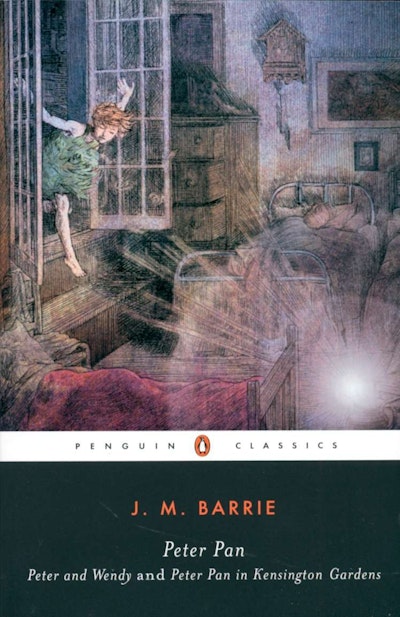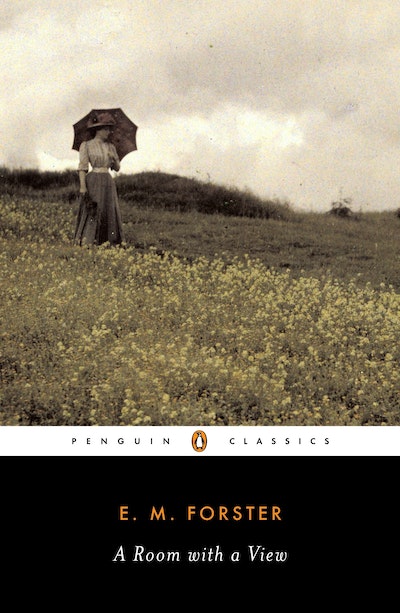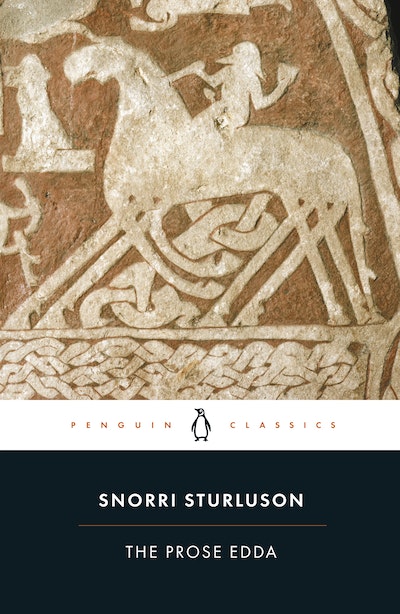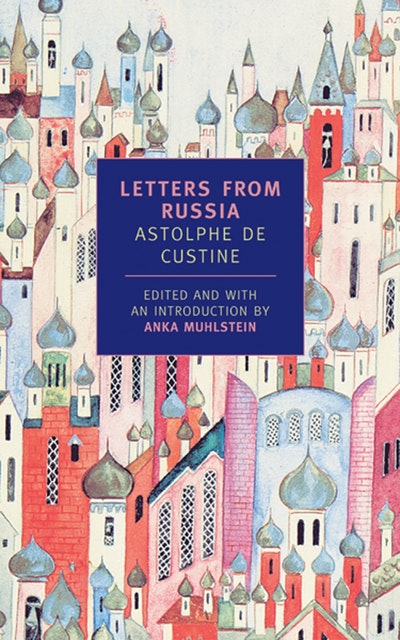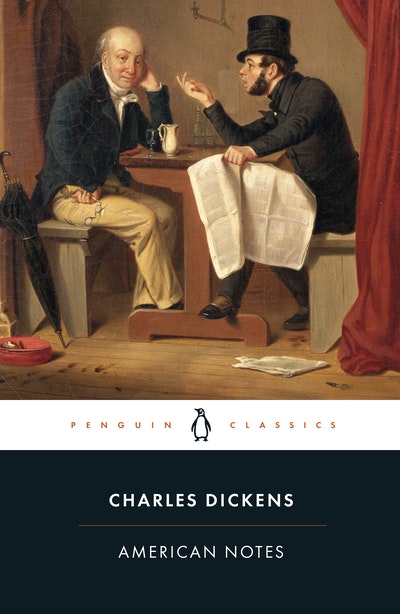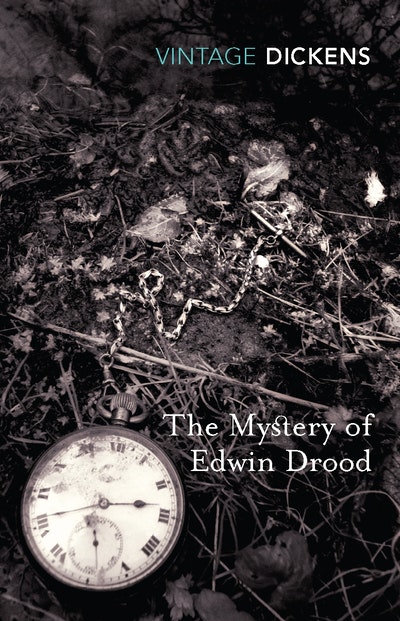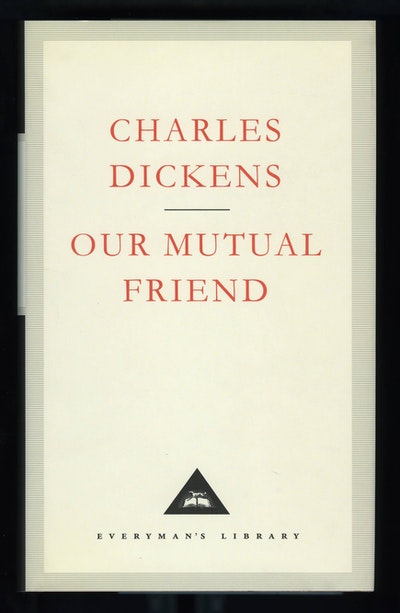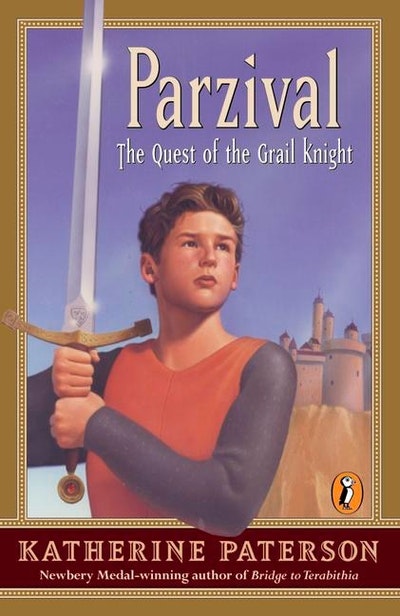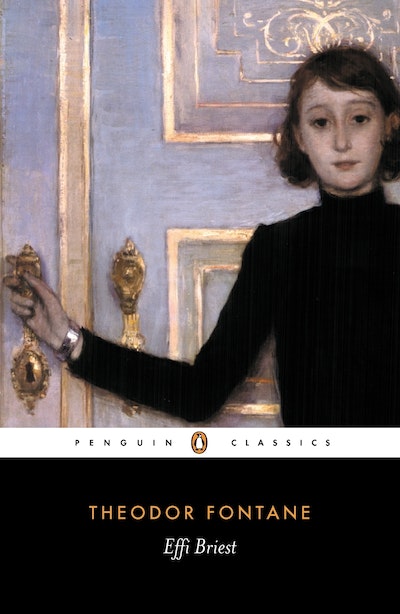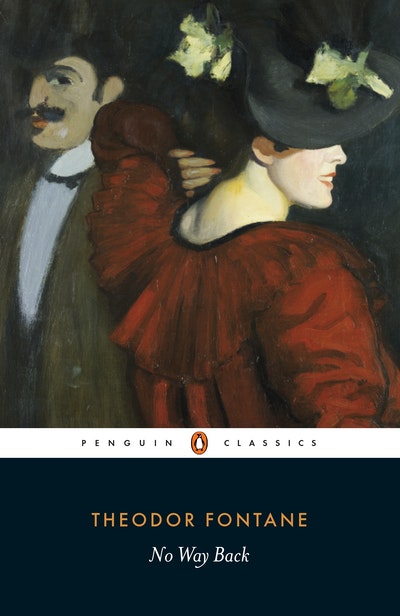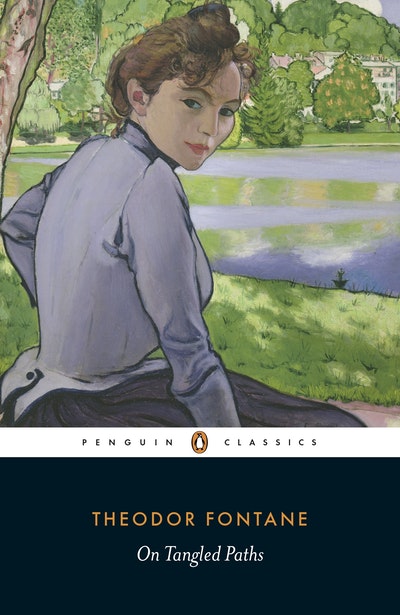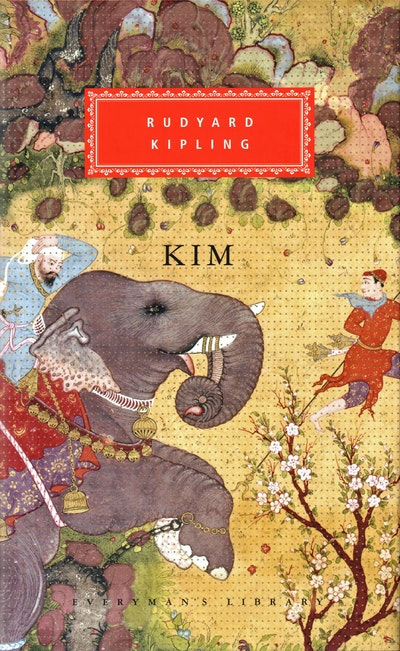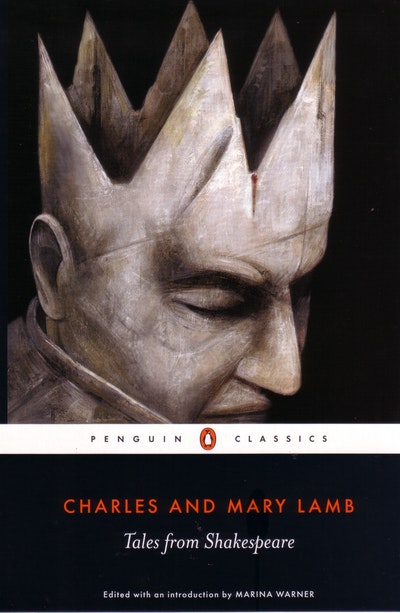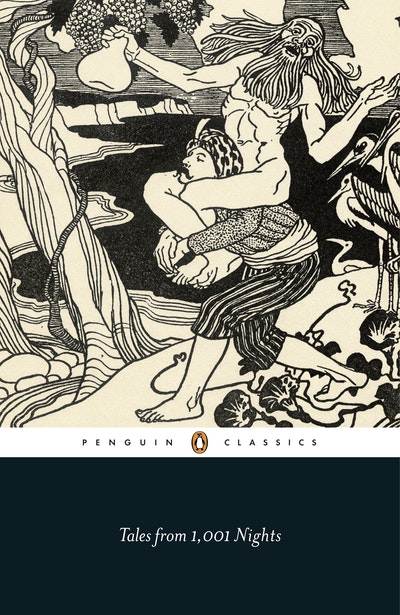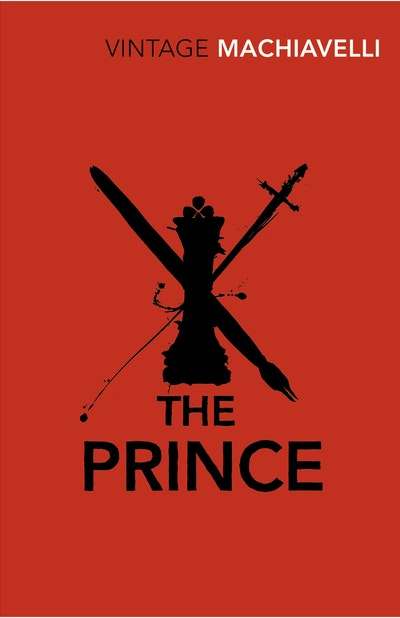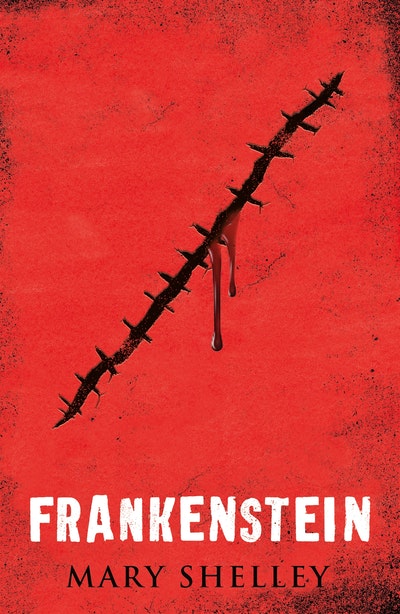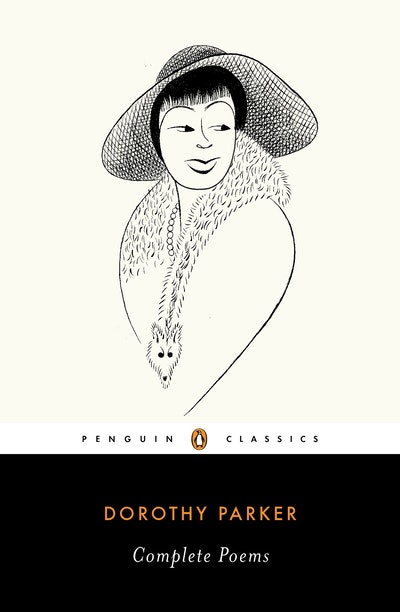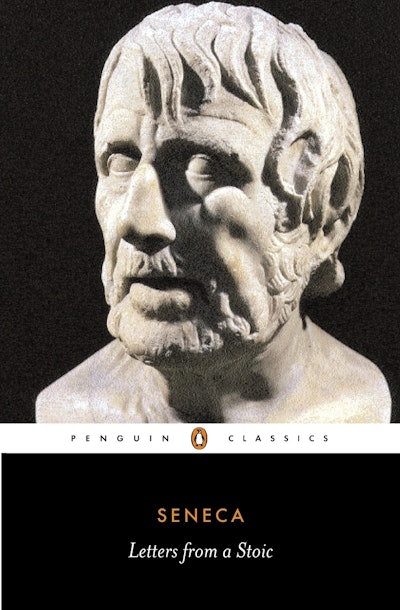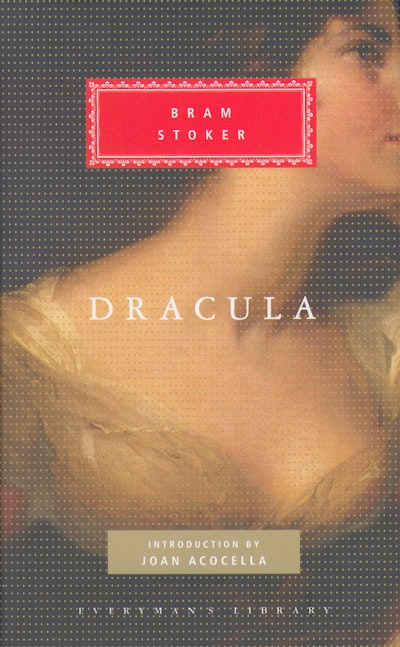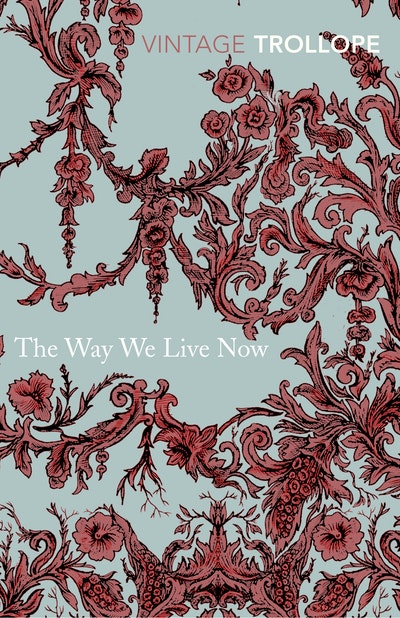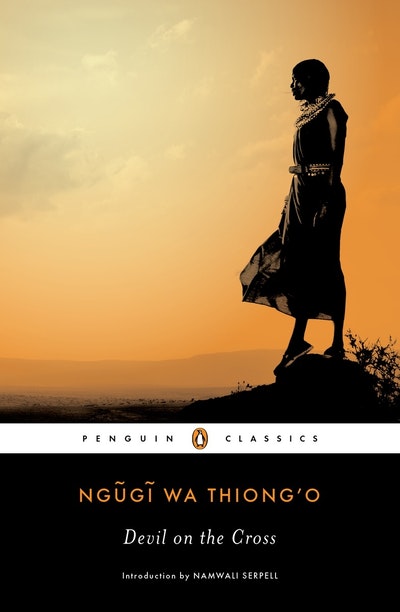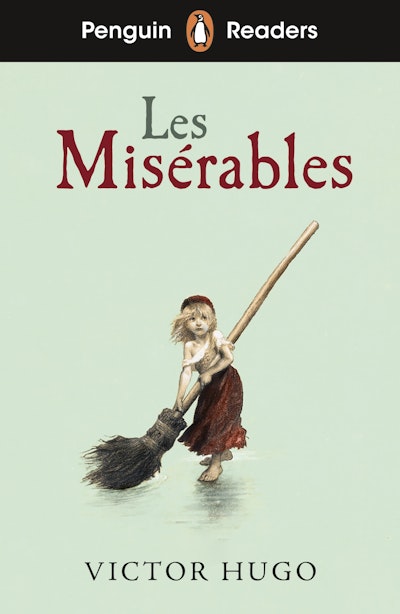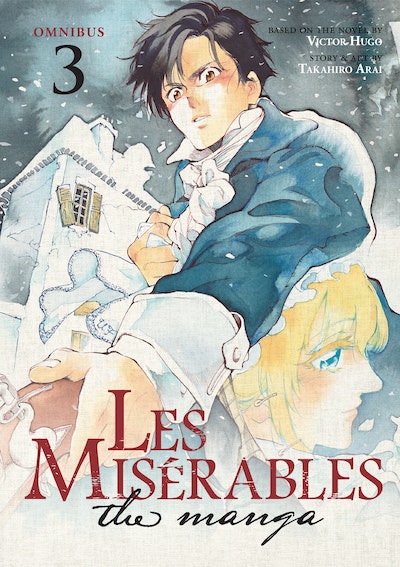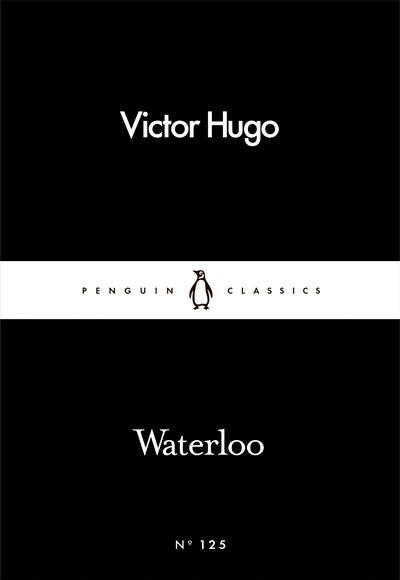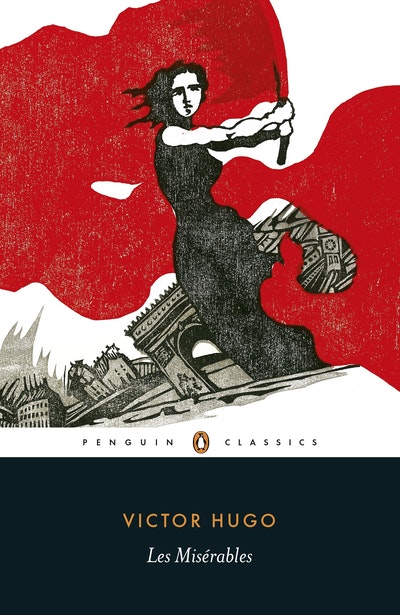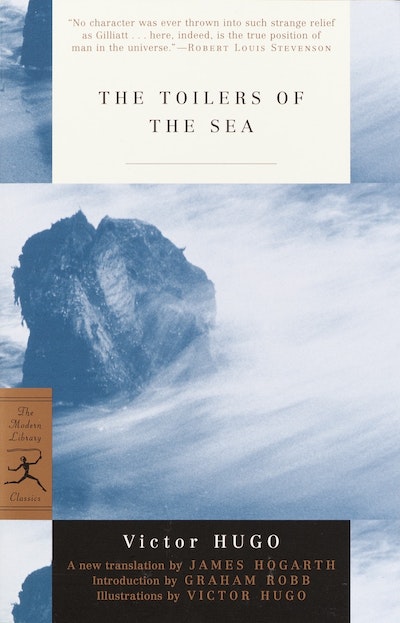- Published: 28 August 1998
- ISBN: 9781857152395
- Imprint: Everyman
- Format: Hardback
- Pages: 1472
- RRP: $45.00
Les Miserables
NOW A MAJOR BBC TV ADAPTATION
'Still grips the reader with its epic-narrative sweep and all-embracing humanitarianism' Douglas Kennedy, Sunday Times
Tolstoy is said to have called Les Miserables the greatest novel ever written, and it exerted a powerful influence on the creation of War and Peace. At one level a detective story in which the relentless Inspector Javert obsessively pursues the escaped convict Jean Valjean, culminating in a dramatic chase through the sewers of Paris, at another level Hugo's masterpiece is a drama of crime, punishment and rehabilitation set against a panoramic description of French society in the years after Napoleon's fall from power. But this book is also about the metaphysical struggle between good and evil in the soul of every man and every community. Coloured by Hugo's distinctive philosophy, it is a plea for social justice, political enlightenment and personal charity which continues to speak with the undiminished authority more than a century after its first appearance.
- Published: 28 August 1998
- ISBN: 9781857152395
- Imprint: Everyman
- Format: Hardback
- Pages: 1472
- RRP: $45.00
Other books in the series
About the author
Victor Hugo (1802-85), novelist, poet, playwright, and French national icon, is best known for two of today’s most popular world classics: Les Misérables and The Hunchback of Notre-Dame, as well as other works, including The Toilers of the Sea and The Man Who Laughs. Hugo was elected to the Académie Française in 1841. As a statesman, he was named a Peer of France in 1845. He served in France’s National Assemblies in the Second Republic formed after the 1848 revolution, and in 1851 went into self-imposed exile upon the ascendance of Napoleon III, who restored France’s government to authoritarian rule. Hugo returned to France in 1870 after the proclamation of the Third Republic.
Date: 2013-08-06
Victor Hugo (1802-1885), novelist, poet, and dramatist, is one of the most important of French Romantic writers. Among his best-known works are The Hunchback of Notre Dame(1831) and Les Misérables(1862).
INTRODUCER BIOGRAPHY:
Jean-Marc Hovasse is Director of Research at the CNRS (Centre National de la Recherche Scientifique) in Paris. One of France's leading specialists in 19th-century French literature, he is writing a monumental biography of Victor Hugo of which the first two volumes were published in 2001 and 2008.
Victor Hugo (1802–85) was the most forceful, prolific and versatile of French nineteenth-century writers. He wrote Romantic costume dramas, many volumes of lyrical and satirical verse, political and other journalism, criticism and several novels, the best known of which are Les misérables (1862) and the youthful Notre-Dame de Paris (1831).
A royalist and conservative as a young man, Hugo later became a committed social democrat and during the Second Empire of Napoleon III was exiled from France, living in the Channel Islands. He returned to Paris in 1870 and remained a great public figure until his death: his body lay in state under the Arc de Triomphe before being buried in the Panthéon.






































































